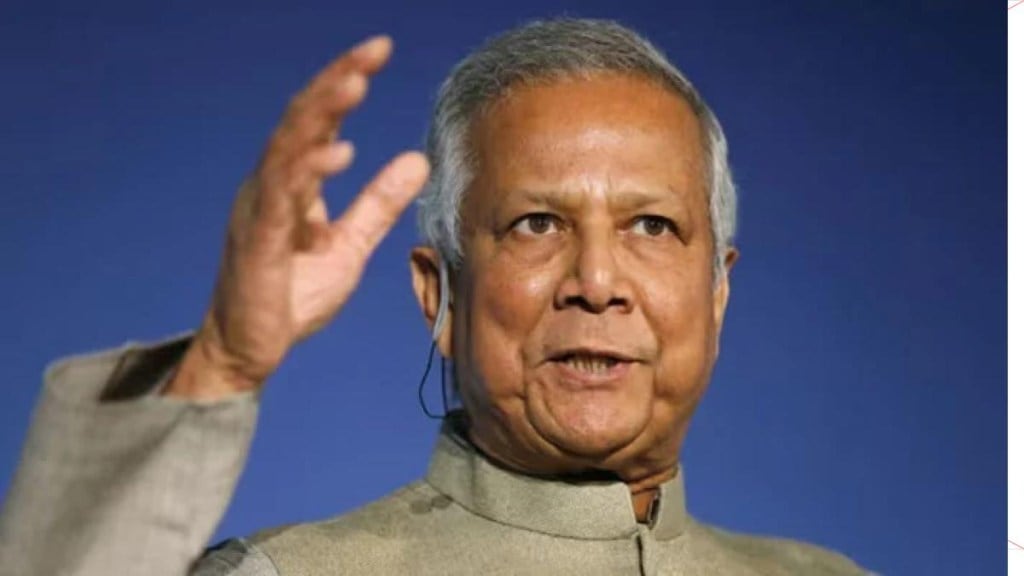Muhammad Yunus, the 2006 Nobel Peace Prize laureate, will assume the role of chief adviser to Bangladesh’s interim government. Army Chief Waker-uz-Zaman on Monday announced the formation of the interim government following Prime Minister Sheikh Hasina’s resignation and departure from the country amid persistent protests over job quotas for the relatives of freedom fighters.
Here are 11 facts and controversies about Muhammad Yunus:
Early life and education: Born in 1940 in Chittagong, Muhammad Yunus pursued higher education in the United States, earning a PhD in economics from Vanderbilt University in 1969. He subsequently began a career in teaching before returning to Bangladesh.
Return to Bangladesh: After Bangladesh’s independence from Pakistan, Yunus took up a position as the head of the economics department at Chittagong University, where he began exploring ways to address the country’s economic challenges.
Introduction of microcredit: Faced with the economic instability and poverty of post-independence Bangladesh, Yunus conceived the concept of microcredit—providing small, collateral-free loans to entrepreneurs who lacked access to traditional bank loans. The microcredit model pioneered by Grameen Bank has inspired the establishment of similar banks in over 100 countries worldwide, demonstrating the international reach and influence of Yunus’ approach.
Grameen bank formation and its impact: Encouraged by the success of a local microcredit experiment, Yunus founded Grameen Bank in 1983. This institution aimed to scale up the microcredit model, offering loans to the impoverished without requiring collateral. Since its inception, Grameen Bank has disbursed more than $34 billion in collateral-free loans to approximately 10 million people. The bank boasts a remarkable loan recovery rate of over 97%, according to the Bangladeshi newspaper Daily Sun.
Also Read:Bangladesh Crisis: Sheikh Hasina resigns and flees – Root causes and prognosis
Nobel Peace Prize: In 2006, Yunus and Grameen Bank were awarded the Nobel Peace Prize for their efforts in fostering economic and social development from grassroots levels, earning Yunus the title of “Banker to the Poor.” Following the Nobel Prize accolade, Yunus contemplated creating his own political party. However, this idea was met with resistance, particularly from Sheikh Hasina, then imprisoned and facing extortion charges.
Abandonment of political plans: Yunus eventually shelved his political ambitions, citing a lack of sufficient support for his proposed movement. His political aspirations did not materialize into a significant political force.
Government scrutiny: After Sheikh Hasina returned to power in 2009, her administration launched several investigations into Yunus’ activities. Allegations emerged accusing Yunus of using coercive methods to recover loans from impoverished rural women, adding to the controversy surrounding his tenure at Grameen Bank.
Tax evasion allegations: In 2015, Yunus was summoned by Bangladesh’s revenue authorities over claims of non-payment of taxes amounting to $1.51 million, raising concerns about his financial dealings.
Labour violation case: In January of this year, Muhammad Yunus and three officials from Grameen Telecom, a telecommunications company he is associated with, were sentenced to six months in prison for breaching Bangladesh’s labor laws. They were promptly granted bail.
Unauthorised receipt of funds: Two years prior, Yunus faced trial for allegedly receiving funds, including his Nobel Prize award and book royalties, without the necessary government permissions.
Removal from Grameen Bank: In 2011, Yunus was removed from his position as managing director of Grameen Bank. The government cited violations of retirement regulations as the reason for his removal.
The criminal cases against Yunus have drawn significant global attention. In August of the previous year, a letter signed by 160 international figures, including former US President Barack Obama and former UN Secretary-General Ban Ki-moon, condemned what they described as the “continuous judicial harassment” of Yunus.

